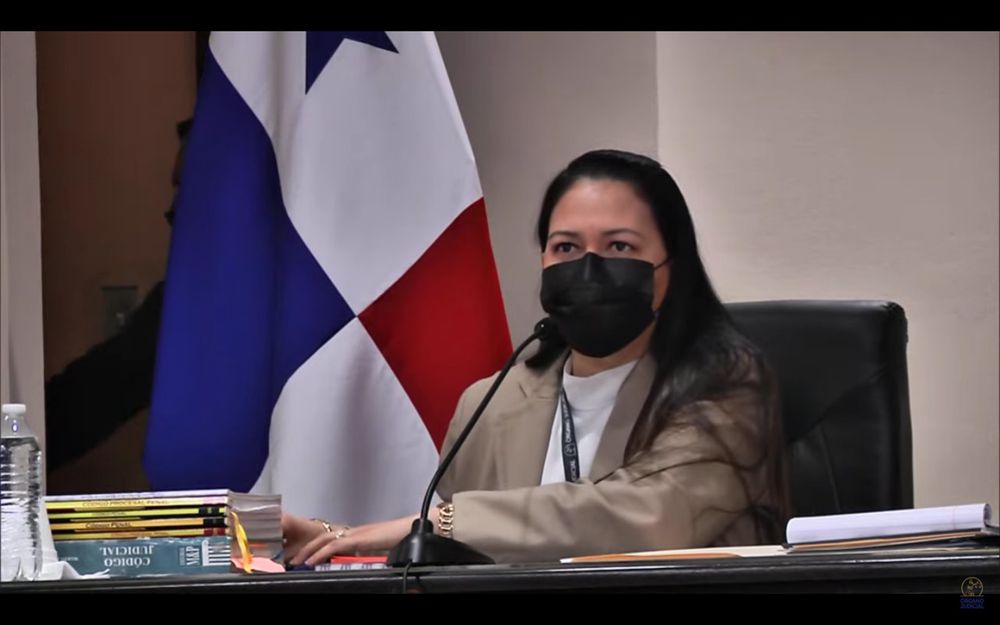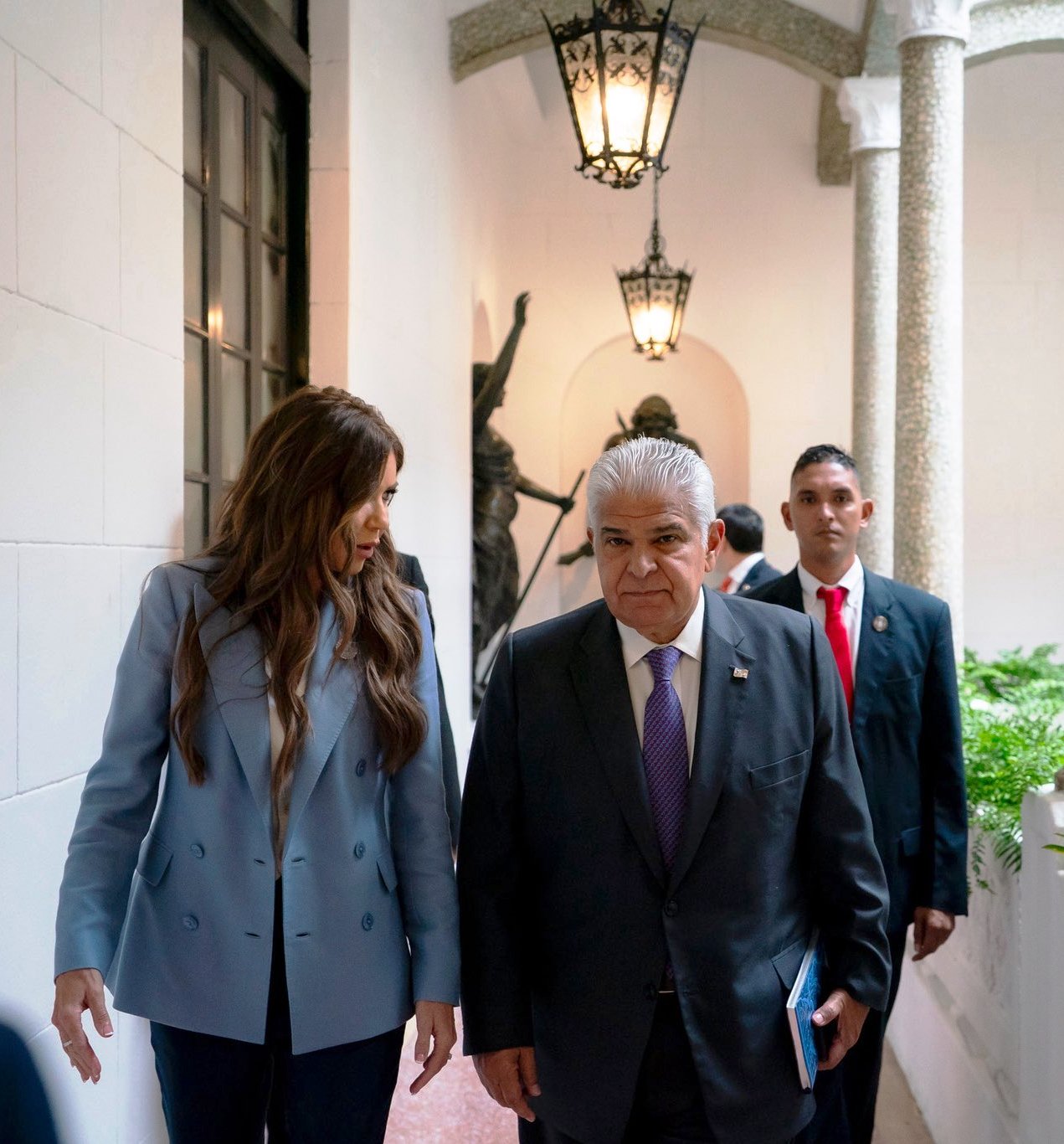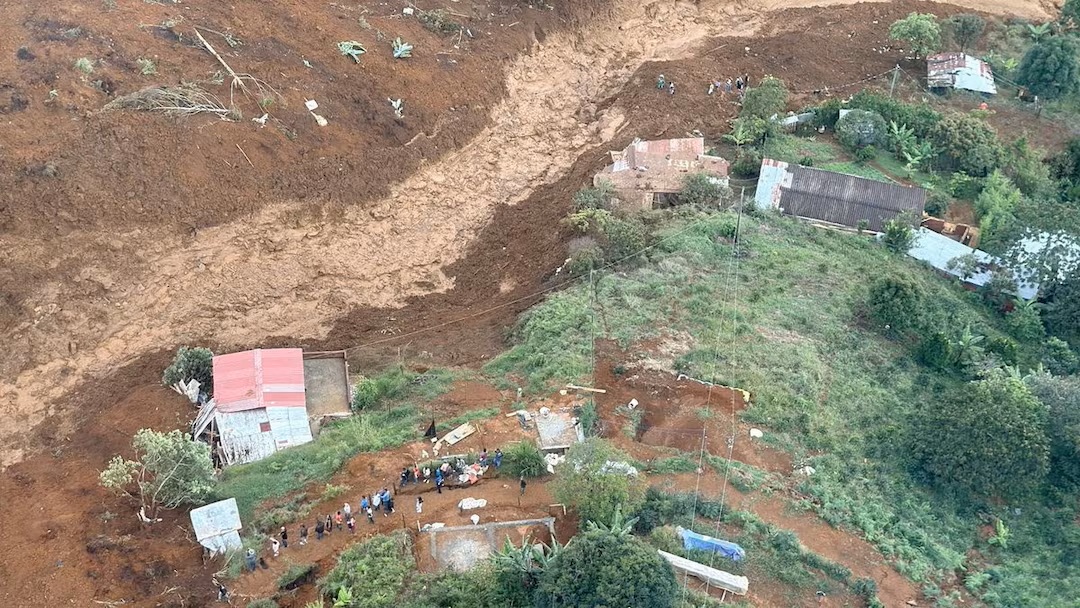Tricks of Martinelli defense are running out

Many people do not know what the purpose of a preliminary hearing is. At this stage of the process, it is not a matter of establishing who is guilty and who is not, but rather whether the crime exists and whether there are sufficient reasons to prosecute one or more of the defendants writes Monica Palm in La Prensa.
It seems that even some lawyers overlook this aspect and it is thus inexplicable that the defense of Ricardo Martinelli, in its arguments, refers to issues such as the principle of specialty, the presumed immunity of Parlacen or the fact that the former president does not have a visa entry to the United States.
None of this will make Judge Baloisa Marquínez more or less inclined to prosecute him or not. Besides, who said that the United States will not allow him to enter that country? The most anticipated Panamanian in those parts is him. He must have been greatly missed in Brooklyn when his children were sentenced. So whether or not he has a visa is an allegation if we dedicate so much time here to what is done or said on behalf of this defendant (and not that of the other 49) it is because, as the prosecution rightly said, what happened with Odebrecht could only have been possible because this man “allowed” it.
Martinelli’s defense also dedicated a good part of his argument to insisting on the application of the specialty principle, an issue that was already rejected by the judge on the first day of the preliminary hearing. Now, the lawyer says that he wrote to the Miami judge, Edwin Torres, to “certify” if that court held a “trial” to declare any exception to the principle of specialty.
But it happens that Torres simply certified whether the requirements for extradition were met and whether there were indications of the commission of a crime included in the Panama-United States bilateral treaty.
Who really decides whether the extradition is carried out or not is not a federal judge, but the US State Department. And the State Department has said ad nauseam that the aforementioned principle no longer applies to Martinelli.
Another nonsense has been to send letters to the chancellor to ask if the 1904 treaty has been modified or repealed. That could only happen with the approval of another law, something that the whole country knows has not happened. They only needed to bring the trite argument of the accusation without imputation to complete the excuse manual.
Another thing: launching denigrating or sarcastic expressions regarding the personal characteristics of the prosecutors, how is it going to help the accused? To sample, a button of what the defense said:
“The lawyer lied in two reports for which he earned the promotion… Coming to say the allegation he made, with that velvety voice…”
“Licentiate, prosecutor Olmedo deserves respect,” the judge interrupted. I am not going to allow an argument that is not strictly legal. He has referenced a lot of things that have nothing to do with what you should really be alleging.”
That is only surpassed by the argument of another lawyer, who announced that she was preparing to file a complaint with the judge.
What message does all this convey to us? Why this inconsistency of the defense, at a time when he has to give reasons why his client should not be prosecuted, instead of complaining about the voice of the prosecutors? Probably the tricks are running out. From here on, practically the only argument in favor that will remain is the prescription.





